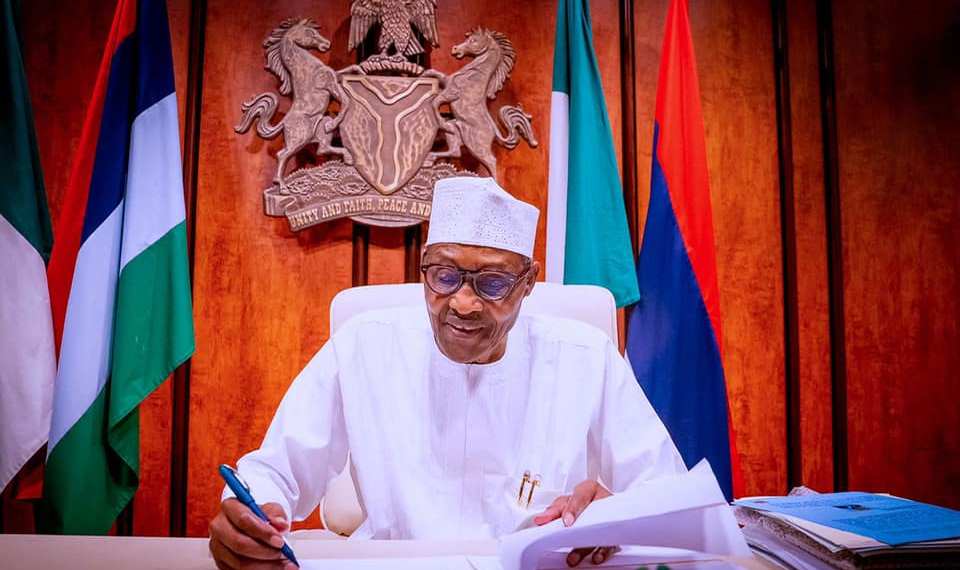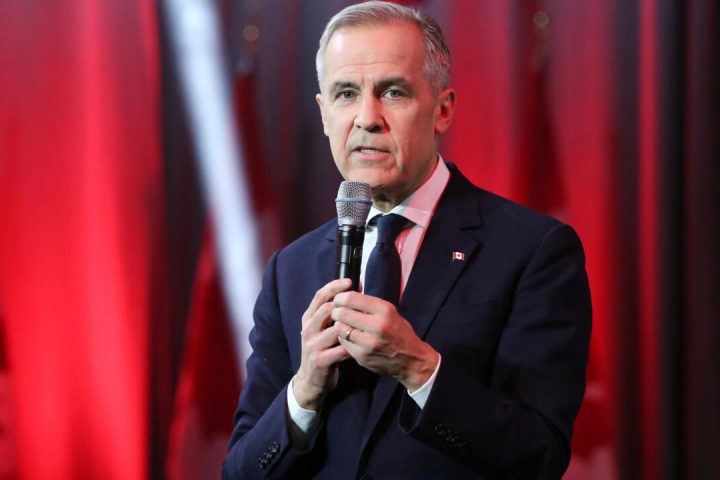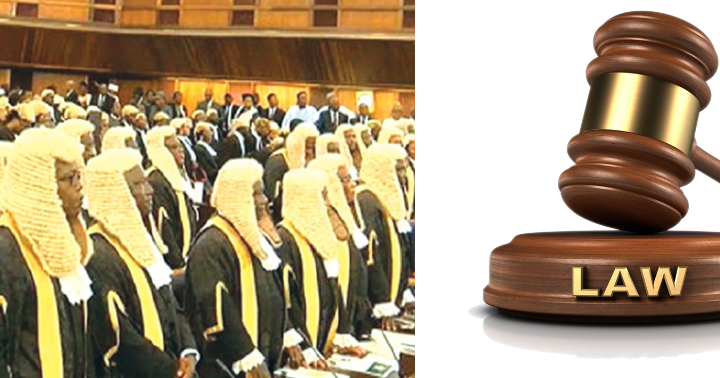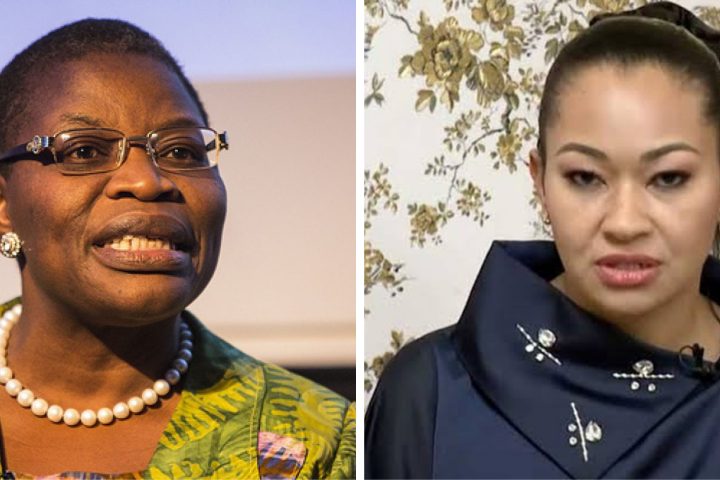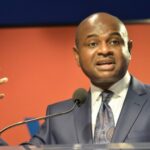THE Nigerian government recently ended a 13-year-old controversy on what should be the financial and socio-political template for industry-wide management of the country’s Petroleum sector.
The Petroleum Industry Bill (PIB) was in the works for nearly two decades, crisscrossing three federal government regimes before finally emerging as Petroleum Industry Act 2021. President Muhammadu Buhari signed the Bill into law in mid August.
Join our WhatsApp ChannelThe Buhari government, no doubt, sees the PIA feat as a huge political gain and wastes no time in saying so; hence, the Presidency’s lengthy chronicle of “many jinxes broken by Muhammadu Buhari Administration” on the evening of Sunday September 5. Of course, the PIA was number one on this list. And, by every stretch of imagination, this claim is justifiable!
In the exact words signed by Buhari’s spokesman, Femi Adesina: “A giant-sized jinx was broken recently when the Nigerian National Petroleum Corporation (NNPC) announced a first Net Profit in the 44-year history of the organisation. Under President Muhammadu Buhari, who doubles as Minister for Petroleum Resources, the oil conglomerate announced a first-ever profit of N287 billion.”
Hailers of the Buhari Presidency argue that “such has never happened before.” This is also correct, at least in the context of political will being a very scarce commodity among government actors on matters as sensitive as the PIB.
“But that was by no means the only major jinx broken in the lifetime of the Buhari administration,” Adesina’s press statement continued to list the reformative PIA and all of its ‘fallouts’ within the country’s oil and gas sector. “They abound. And here are just some of them. The list is by no means exhaustive:
Policies and legislation: Petroleum Industry Bill signed into law in 2021, after almost two decades in the works. It is aimed at reforming a Petroleum Act dating back to 1969, as well as other supplementary laws and regulations.
Deep Offshore and Inland Basin (Production Sharing Contracts) Act, 2019, amended for the first time since 1993.
More than 6 billion dollars of inherited Cash Call Arrears now being cleared by the Buhari Administration, since 2016. More than 3 billion dollars of the arrears (payments due to International Oil Companies) have since been paid.
“The Buhari Administration has overseen the first successful Marginal Fields Bid Round in almost 20 years”
The above were the exact words used in the Presidency’s elaborate Sunday evening press statement widely circulated among media organisations.
The self-praise notwithstanding, the PIA, in its current state, is an audacious piece of legislation that repeals about 10 existing laws governing the petroleum industry and seeks to consolidate their provisions into a single Act. The main objective is to promote exploration and exploitation of petroleum resources in Nigeria for the benefit of the Nigerian people, and engender sustainable development of the industry.
This legislation has been long overdue, having been in the works for too long, the reason the Federal Government continues to beat its chest on the PIA. The current National Assembly also deserves a form of praise for passing the PIB at last; and the Presidency, for going out of character in immediately signing it into an Act as a working document.
By describing the Act as a working document, this piece, therefore, clearly suggests that the new ‘law’, as it were, is far from being perfect! Some critical areas deserve further and immediate review.
Prominent among these controversies is the Host Communities Development provision. Host communities restiveness has remained a major hindrance to successful exploitation of oil and gas resources in Nigeria, especially the onshore and shallow offshore assets. The Ogoni matter is a living example.
The negative impact of hydrocarbon exploration and production has brought untold hardships to these communities, and made the environment inhabitable in some cases; hence, the restiveness which promotes sabotage to oil and gas assets and obstructions to operations.
To manage this situation, it became necessary to make the host communities beneficial stakeholders in the business, with 5% of Operations cost initially proposed for host communities development trust fund. This was, in the most controversial circumstances, reduced to 3% shortly before passing the Petroleum Industry Act.
Another knotty issue is the strange redefinition of “host communities” to include all communities round the country hosting petroleum products and gas distribution pipelines. This, in effect, raises questions around the true objective of the fund.
Meanwhile, the corollary to the above challenges is that, while the arguably successful passage of the PIA offers some form of relief to Nigeria’s long-mismanaged oil sector, there are valid concerns that, given the timing of its eventual emergence, the country could be investing so much energy on a ‘dying’ sector: The IOCs now appear to be investing much more in renewable energy than in oil exploration; and this becomes clearer when juxtaposed with the capital budgets of BP and multinational oil firms like Shell, Mobil Producing and Chevron.
Globally, hydrocarbons are not getting the same level of positive attention Nigeria and Africa seem to be giving to it at the moment. There have ben arguments that the PIA could have been a fantastic document 20 years ago when the country could have raked in enough investments to fully develop it and deploy proceeds to diversifying into today’s more fashionable renewables.
Those who support the above line of thought wonder how much more investments the country would be hoping to attract, just on the strength of the new PIA, given the increasing global gravitation towards renewable energy mix.
Yet, there remains valid supportive argument for fossil fuels, as far as the Nigeria oil project is concerned. This school of thought argues that investing too heavily on renewables, at the expense of oil and gas, would be ‘theoretical’ and an exotic philosophy: There still remains low-hanging fruits, as oil and gas will still be around and will remain dominant in the global energy mix for the next 15 to 20 years, and counting.
Read also: EDITORIAL: Much Ado About Nigeria’s Petroleum Industry Act
Nigeria will then need the resources, especially from the gas sub-sector, to manage debt burden and diversify its economy, on which premise the intriguing Nigerian debts were accumulated in the first place.
Although Nigeria’s PIA appears too late in the day, part of the Nigerian debacle, it is an absolutely necessary venture. The PIA is not only about attracting new investments; it is also to enhance revenue generation from current investments.
Besides, some argue that the country has limited strategic interest in renewable energy; hence, it has not done much in that direction.
Gas is equally green and environment-friendly. The Nigerian government could therefore, package the national interest in gas to impress the desire of local and global promoters of renewable energy. This is the art of ‘war’ in the global economic arena.
Even the former US President, Donald Trump had underplayed the renewable energy band and encouraged development and production of oil and gas in the Gulf of Mexico.
How that move benefited the US economy remains evident even to Trump’s political opponents.
In all, while keeping a clear eye on the global energy question, it would be in Nigeria’s interest to encourage the development and consumption of what it currently has — gas.
Dr. Marcel Mbamalu is a communication scholar, journalist and entrepreneur. He holds a Ph.D in Mass Communication from the University of Nigeria, Nsukka and is the Chief Executive Officer Newstide Publications, the publishers of Prime Business Africa.
A seasoned journalist, he horned his journalism skills at The Guardian Newspaper, rising to the position of News Editor at the flagship of the Nigerian press. He has garnered multidisciplinary experience in marketing communication, public relations and media research, helping clients to deliver bespoke campaigns within Nigeria and across Africa.
He has built an expansive network in the media and has served as a media trainer for World Health Organisation (WHO) at various times in Northeast Nigeria. He has attended numerous media trainings, including the Bloomberg Financial Journalism Training and Reuters/AfDB training on Effective Coverage of Infrastructural Development of Africa.
A versatile media expert, he won the Jefferson Fellowship in 2023 as the sole Africa representative on the program. Dr Mbamalu was part of a global media team that covered the 2020 United State’s Presidential election. As Africa's sole representative in the 2023 Jefferson Fellowships, Dr Mbamalu was selected to tour the United States and Asia (Japan and Hong Kong) as part of a 12-man global team of journalists on a travel grant to report on inclusion, income gaps and migration issues between the US and Asia.

